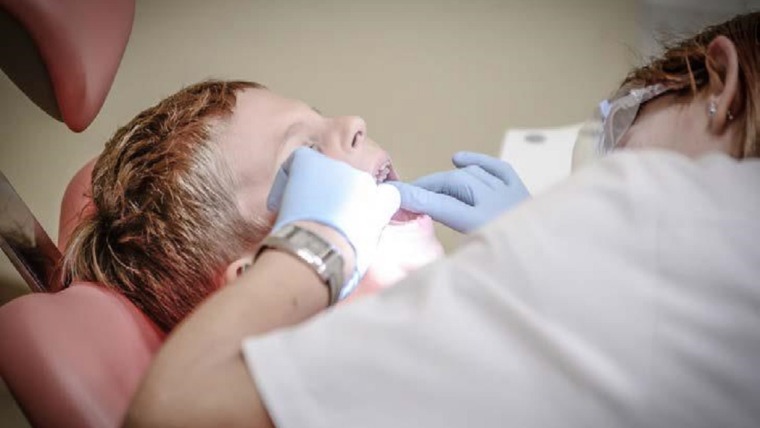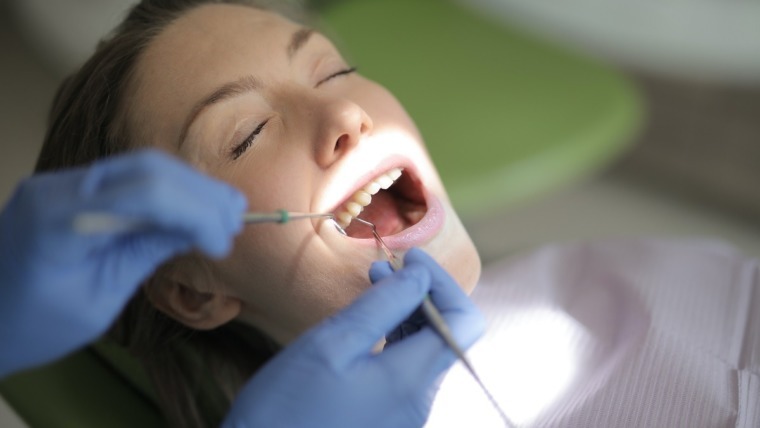
Written by Dr Jeffrey Kestenberg MDSc LDS FRACDS Dentist at Coburg Dental Group
Over the years I’ve seen lots of miserable people come into the clinic. Toothaches, broken teeth, crooked teeth and discoloured teeth are either preventable or easily treated and yet so many people suffer and are unhappy. Sometimes I’m at “wits end” trying to work out why intelligent people don’t look after themselves.
Most dental issues are easily prevented with very simple measures. Brush your teeth twice a day and floss your teeth once a day is the edict pronounced by dentists over the years. We keep repeating the same message because we know that it works. Then have a general dental check-up and cleaning every 6 months just to make sure that everything is in order.
So why doesn’t everyone do I?. We know that only about 30% of the population attend the dentist on a regular basis. Is it the cost? Is it the inconvenience? Is it the discomfort?
Going to the dentist comes with a cost, but the average person would only need to spend about $2 a day to cover the cost of visiting the dentist twice a year and buying toothbrushes, floss and toothpaste. Public clinics are also available throughout Australia for those who find the cost-prohibitive. But, I don’t think the cost is really the issue. We know from overseas experience and even some groups in Australia, that dental services are underutilized even when the services are free.
It may be inconvenient to go to the dentist but so many are now open after hours including the weekend so the timing should not be a problem. There are also many clinics that offer 24/7 emergency care.
The discomfort can certainly be an issue but there are so many ways of tackling that issue. Some people just put up with the discomfort, while others use sedation administered by the dentist. Hypnosis has been used successfully by many dentists who have done additional training. Laughing gas has also been popular for many years. In some situations, a medically qualified specialist anaesthetist can put the patient to sleep by way of a general anaesthetic or intravenous sedation.
Unfortunately, many of these sedation treatments can be quite costly and they all have side effects and risks associated with them.
I think the real issue is that we have become complacent with our health. Most of us don’t eat the right foods, do our daily requirement of exercise, sleep enough, look after our mental health, and last by not least look after our teeth. We have become too reliant on doctors and all other health professionals fixing things when there’s a problem.
Indeed our whole health system is geared to funding health care when there is a problem and not so much in preventing problems from occurring in the first place. When it comes to government funding of healthcare, our priorities are all wrong. The exception is vaccinations. The government recognizes the importance of preventing illnesses for which we can be inoculated but most of our hospitalizations relate to preventable lifestyle issues such as abuse of alcohol, drugs and foods.
I am staggered by the number of patients who need to be hospitalized for dental infections caused by tooth decay, a disease which is totally preventable. In 2017-2018 over 26,000 children aged 5-9 were hospitalized for tooth decay related issues. That's more than twice the number that were hospitalized for tonsillitis.
So let’s get back to basics. It’s never too late to be better at looking after ourselves. From a dental health perspective, there are some simple steps to follow.
Brush your teeth twice a day for 2 minutes
Using a manual toothbrush is good but an electric tooth brush can be better particularly if you don't use a manual toothbrush properly. A cheap electric tooth brush, for let’s say $50, is just as good as a $200 electric brush with all the bells and whistles to reduce the amount of plaque and hence harmful bacteria on your teeth.
Floss your teeth very night
Cleaning in between your teeth is just as important as brushing. Whilst flossing is the most common and most effective way to clean in between your teeth, small interproximal brushes and water jet devices are also effective in reducing plaque levels in between teeth.
Use a fluoride toothpaste
We have known for many decades that fluoride renders teeth more resistant to tooth decay but it is not a panacea. Using a fluoride toothpaste by brushing nd not rinsing your mouth immediaytely afterwards is a much better way to use your toothpaste. So after you’ve brush your teeth, spit but don’t rinse your mouth for 30 minutes afterwards so that the active ingreadieints in the toothpastehave more time to work in to your teeth. Rinsing your mouth out staraight after brushing, just wastes the availability of those ingredients to work.
Use a mouthwash
There are always little nooks and crannies where plaque bacteria will accumulate but the toothbrush bristles or floss cannot access to clean effectivley. As a result we recommend to use an anti-bacterial mouthwash after brushing and flossing, to work as an additional method to reduce plaque bacteria numbers even further.
Reduce sugars in your diet
When the bacteria in plaque ingest sugars form food and drink, they form acids which attack the enamel of teeth. Over time, the enamel weakens and breaks away to form a cavity which then progresses over time. The key is to reduce the frequency of sugar ingestion and the worst foods are those with added sugars. Even so called healthy sugars such as honey and raw sugar are bad for your teeth because the basic chemical structure of these sugars is still sucrose. Fructose which is the sugar in fruits, is made up of sucrose and glucose, so it also has the potential to cause damage to teeth.
Reduce acidic foods and drinks
An acidic environment is ideal for plaque bacteria to be harmful. Hence, we always see higher decay rates in people who drink fizzy drinks, fruit juices and sports drinks which are very acidic. Salad dressings, red and white wine, and vinegar are also a big issue if ingested frequently.
Being happy is much easier when you’re healthy and looking after your teeth is only a part of this. Having healthy teeth can be simple and very easy to implement. Speak to your dentist to find out what is appropriate for you.
To find a dentist near you visit www.ada.org.au/findadentist The dentists who are listed on this website are members of the Australian Dental Association and abide by their laws and ethics.
Happy Teeth Happy Life Happy Teeth Happy Life Happy Teeth Happy Life Happy Teeth Happy Life



